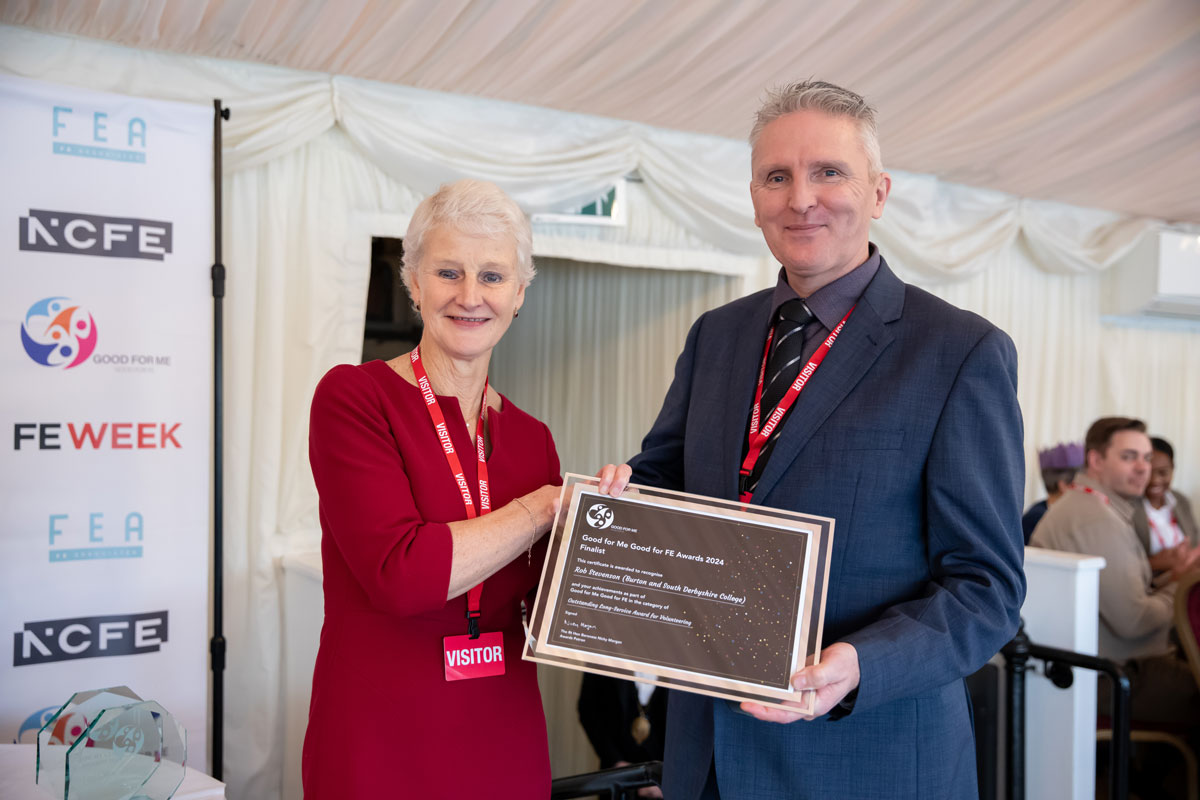Is the Higher Education sector doing enough to support care-experienced students?

In this article, Dr. Morag Duffin discusses how universities must go beyond student-centred care for better outcomes
In 2018-19 just 13% of pupils who were looked after continuously for 12 months or more entered higher education, compared to 43% of all other students. These are sobering statistics which demonstrate there is still so much more to be done to provide a level playing field for those who may not have had the most stable start in life.
Through Access and Participation Plan work, higher education providers are becoming more aware of not only the lower rates of students with care experience entering higher education, but also the lower rates of continuation and attainment for this group. This awareness has led to a positive shift towards supporting students through their entire lifecycle, rather than simply helping them take that first step and then ending the story there.
As higher education providers, it is our collective responsibility to provide students who need it with that extra layer of support, be that financial, wellbeing or otherwise. However, crucially universities must look beyond student-centred care alone and start to look towards institutional change.
Having recently been awarded the NNECL Quality Mark for support for care-experienced students, our dedication to setting our students up for success no matter their background is something we’re incredibly proud of. There is always work to be done of course, however, it is our focus on institutional change alongside student-centred packages which has allowed us to gain this recognition and provide the best level of support to our students at ULaw.
It can be relatively easy for institutions to put financial packages in place, or additional study skills or wellbeing support. While these are vital, they aren’t enough to tackle the root issues which can cause care-experienced students to be at a disadvantage. To do this, we need to move away from a deficit-model approach to our understanding of the experiences of care experienced students. Only then can we as providers start to create a true sense of belonging at university and improve student outcomes.
Real progress happens when we look beyond pastoral care or student support and broaden our view to consider the wider picture. We need to critically review systems and processes which may inherently put care-experienced and estranged students at a disadvantage, perhaps without us even realising. With all the financial support in the world, a student who feels they can’t make university work for them, or worse still feels they don’t belong there, is very unlikely to stay there.
One of the best examples of institutional change in this sense looks at teaching models and the provision of certainty in terms of expectations.
ULaw’s teaching model is unique and is designed to provide students with a professional, contemporary and supportive learning environment with plenty of practical, interactive engagement. Our contact hours are high with small teaching groups and a focus on student participation, based on clearly defined tasks and learning outcomes. This standardisation of materials, across campuses and within programmes, provides care experienced students with certainty in terms of expectations. This teaching model is also particularly suited for students who have problems with executive function, which is a common challenge for care experienced students.
Another example of institutional change would be around considering how university structures may impact upon care experienced students when students may not want their personal life to impact upon their academic life. At ULaw our Academic tutors support the students with their academic support and the named contact Wellbeing Advisers provide specific pastoral support. This split is intentional and particularly beneficial for care experienced students who do not want their personal life to impact upon their academic life.
By Dr. Morag Duffin, Head of Access & Participation, University of Law
To find out more about ULaw’s support for care experienced and estranged students, visit: https://www.law.ac.uk/students/support/care-experienced-and-estranged-students/











Responses